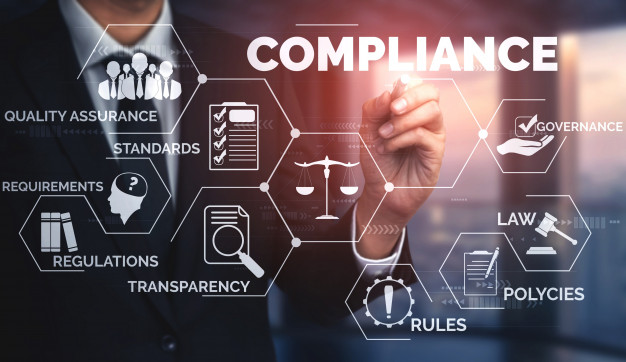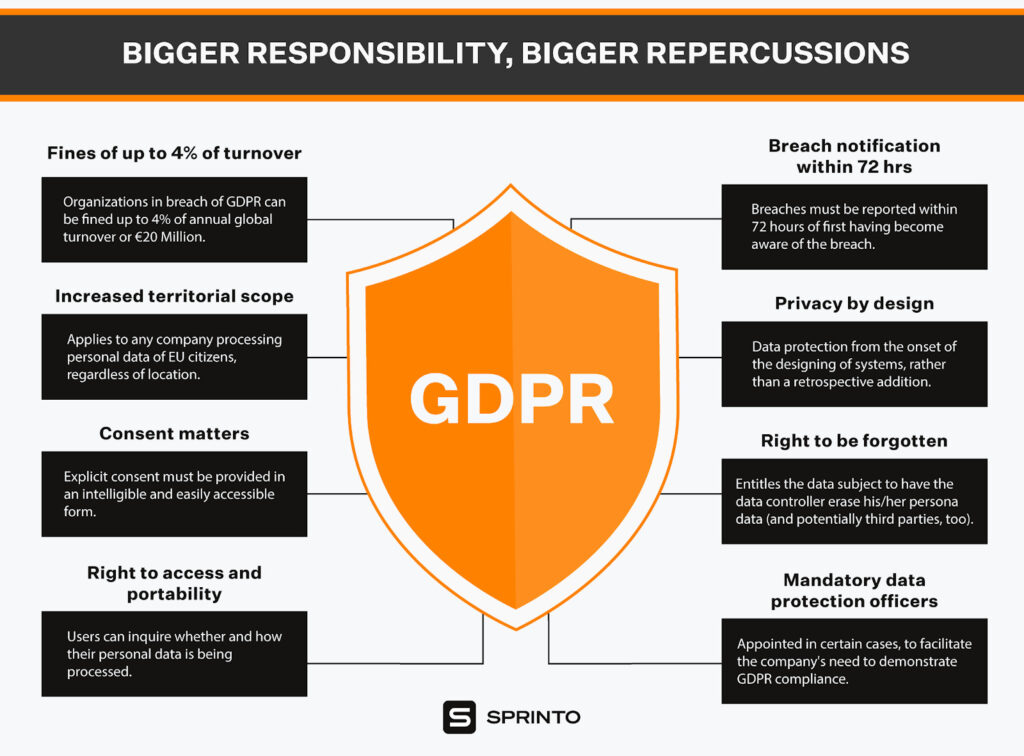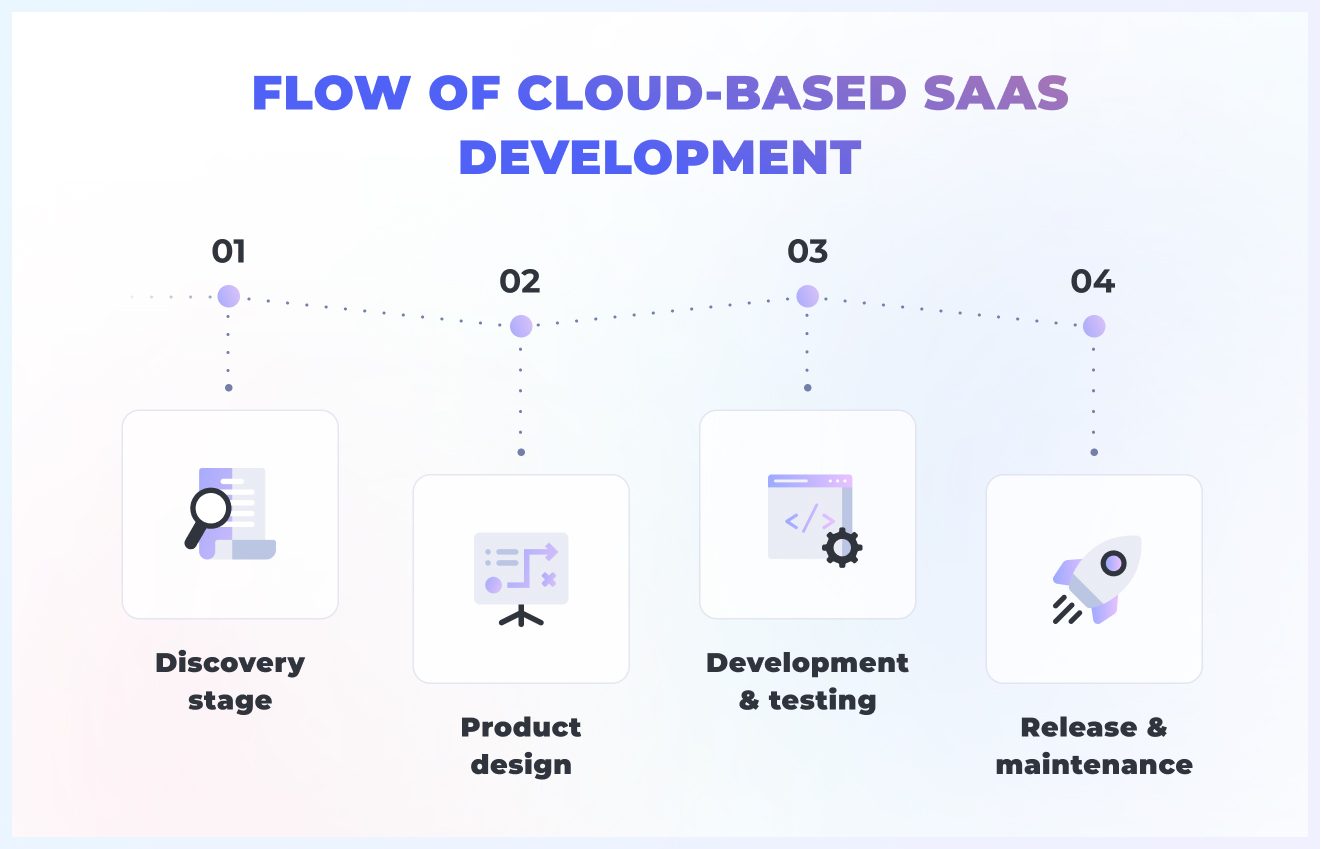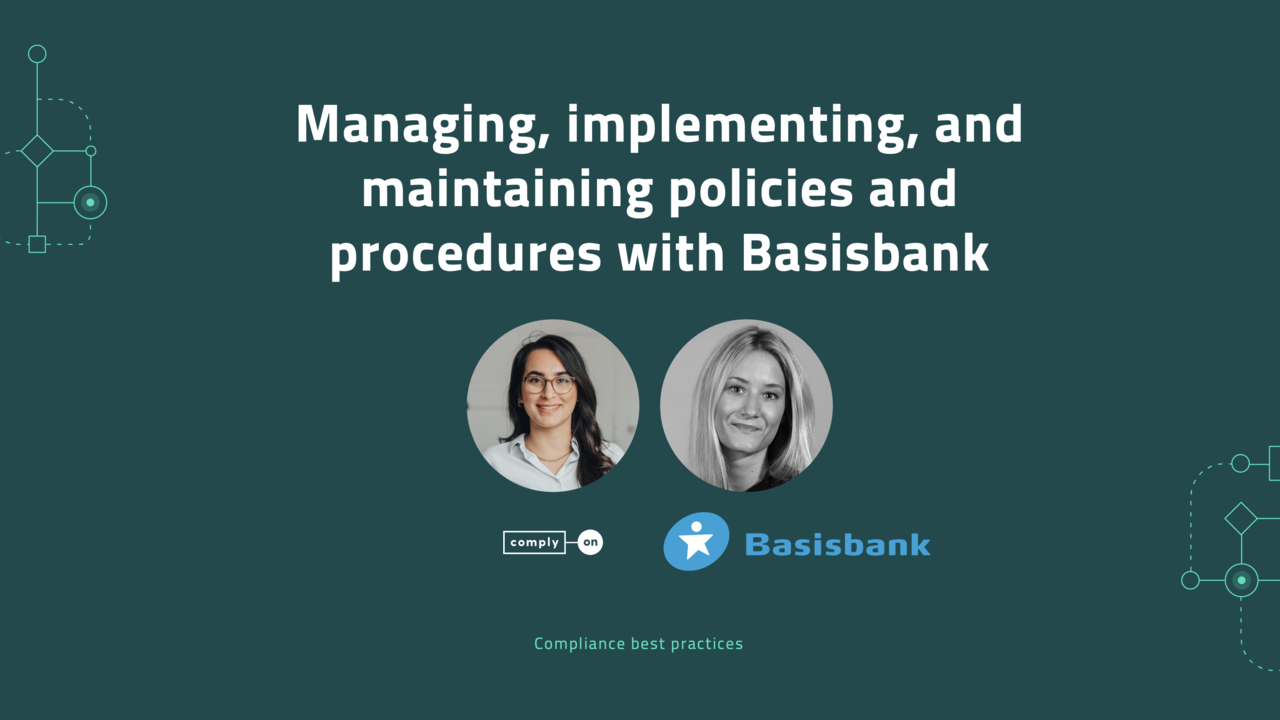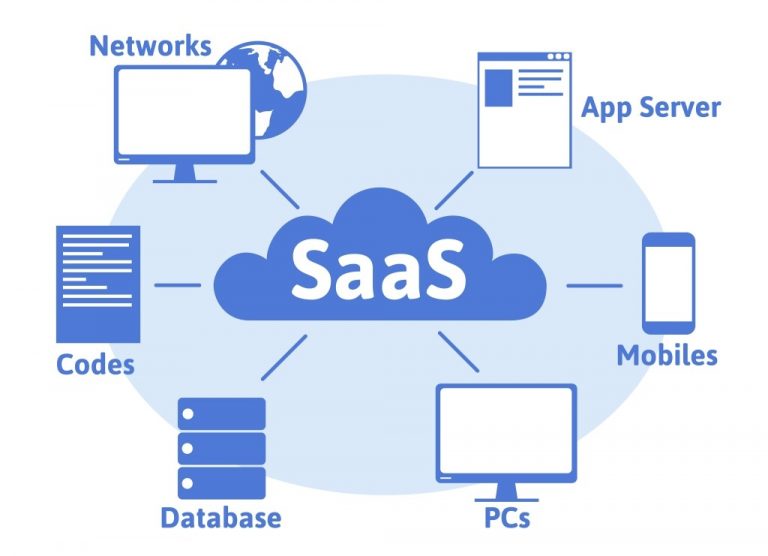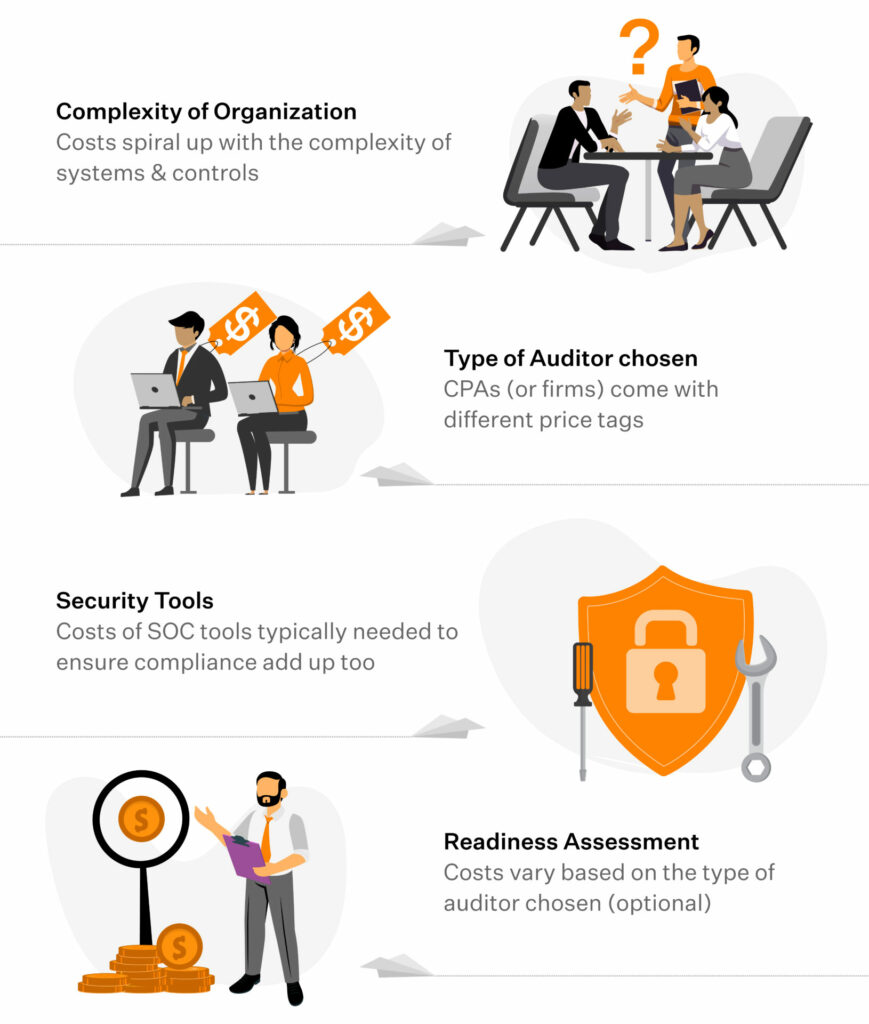Why Compliance is Crucial for SaaS Startups
Compliance is a critical aspect of any SaaS startup’s operations, and neglecting it can have severe consequences. Non-compliance can result in fines, reputational damage, and even loss of business. On the other hand, prioritizing compliance can lead to increased customer trust, competitiveness, and ultimately, revenue growth. In today’s digital landscape, SaaS startups handle sensitive customer data, making compliance with data protection regulations paramount.
One of the primary reasons compliance is essential for SaaS startups is the risk of data breaches. A single breach can compromise sensitive customer information, leading to a loss of trust and reputation. Moreover, non-compliance with data protection regulations, such as the General Data Protection Regulation (GDPR), can result in hefty fines. For instance, the GDPR imposes fines of up to €20 million or 4% of the company’s global turnover for non-compliance.
In addition to data protection, SaaS startups must also comply with industry-specific regulations, such as the Payment Card Industry Data Security Standard (PCI DSS) for payment processing and the Health Insurance Portability and Accountability Act (HIPAA) for healthcare-related data. Failure to comply with these regulations can result in severe penalties, including fines and reputational damage.
On the other hand, prioritizing compliance can have numerous benefits for SaaS startups. Compliance demonstrates a commitment to customer data protection, which can increase customer trust and loyalty. Moreover, compliance can also improve a company’s competitiveness, as customers are more likely to choose a compliant provider over a non-compliant one.
In conclusion, compliance is a critical aspect of any SaaS startup’s operations. By prioritizing compliance, SaaS startups can mitigate the risks of non-compliance, increase customer trust, and improve competitiveness. As the digital landscape continues to evolve, SaaS startups must stay ahead of the curve by prioritizing compliance and certification.
Understanding the Key Certifications for SaaS Startups
As a SaaS startup, navigating the complex world of certifications and compliance can be overwhelming. However, understanding the key certifications is crucial for ensuring the security and integrity of your customers’ data. In this section, we will explore the main certifications that SaaS startups need to consider, including SOC 2, ISO 27001, and GDPR compliance.
SOC 2 (Service Organization Control 2) is a widely recognized certification that evaluates the security and availability of a service organization’s systems and data. SOC 2 compliance is essential for SaaS startups that handle sensitive customer data, as it demonstrates a commitment to data security and integrity. To achieve SOC 2 compliance, SaaS startups must undergo a rigorous audit process, which includes implementing security controls, conducting risk assessments, and maintaining compliance.
ISO 27001 is an international standard for information security management systems (ISMS). It provides a framework for implementing and maintaining a robust ISMS, which includes policies, procedures, and controls for managing information security risks. ISO 27001 certification is essential for SaaS startups that handle sensitive customer data, as it demonstrates a commitment to information security and compliance.
GDPR (General Data Protection Regulation) compliance is essential for SaaS startups that handle personal data of EU citizens. GDPR compliance requires SaaS startups to implement robust data protection policies and procedures, including data processing, storage, and transfer. To achieve GDPR compliance, SaaS startups must conduct a data protection impact assessment, implement data protection by design and default, and maintain records of processing activities.
In addition to these certifications, SaaS startups may also need to consider other certifications, such as PCI DSS (Payment Card Industry Data Security Standard) for payment processing and HIPAA (Health Insurance Portability and Accountability Act) for healthcare-related data. By understanding the key certifications and compliance requirements, SaaS startups can ensure the security and integrity of their customers’ data and maintain a competitive edge in the market.
It’s worth noting that certification and compliance are not a one-time process, but rather an ongoing effort. SaaS startups must continuously monitor and maintain their compliance status to ensure the security and integrity of their customers’ data. By prioritizing certification and compliance, SaaS startups can build trust with their customers, improve their reputation, and maintain a competitive edge in the market.
How to Achieve SOC 2 Compliance for Your SaaS Startup
Achieving SOC 2 compliance is a significant milestone for SaaS startups, demonstrating a commitment to data security and integrity. However, the process can be complex and time-consuming. In this section, we will provide a step-by-step guide on how to achieve SOC 2 compliance, including preparing for the audit, implementing security controls, and maintaining compliance.
Step 1: Prepare for the Audit
Before starting the SOC 2 compliance process, it’s essential to prepare for the audit. This includes identifying the scope of the audit, selecting a SOC 2 auditor, and gathering required documentation. SaaS startups should also conduct a risk assessment to identify potential security risks and implement controls to mitigate them.
Step 2: Implement Security Controls
Implementing security controls is a critical step in achieving SOC 2 compliance. This includes implementing policies and procedures for data security, access controls, and incident response. SaaS startups should also implement technical controls, such as encryption, firewalls, and intrusion detection systems.
Step 3: Conduct a Risk Assessment
Conducting a risk assessment is essential to identifying potential security risks and implementing controls to mitigate them. SaaS startups should identify potential risks, assess their likelihood and impact, and implement controls to mitigate them.
Step 4: Implement Incident Response Planning
Implementing incident response planning is critical to ensuring that SaaS startups can respond quickly and effectively in the event of a security incident. This includes developing an incident response plan, conducting regular training and exercises, and implementing incident response procedures.
Step 5: Maintain Compliance
Maintaining SOC 2 compliance is an ongoing process that requires regular monitoring and maintenance. SaaS startups should conduct regular security audits, implement new security controls as needed, and maintain documentation to demonstrate compliance.
By following these steps, SaaS startups can achieve SOC 2 compliance and demonstrate a commitment to data security and integrity. Remember, SOC 2 compliance is not a one-time process, but rather an ongoing effort to maintain the security and integrity of customer data.
It’s also important to note that SOC 2 compliance is not just about passing an audit, but also about maintaining a culture of security and compliance within the organization. SaaS startups should prioritize security and compliance from the outset, and make it an integral part of their business operations.
The Importance of Data Protection and GDPR Compliance
Data protection and GDPR compliance are critical components of SaaS startup certification and compliance. The General Data Protection Regulation (GDPR) is a comprehensive data protection framework that applies to all organizations that process the personal data of EU citizens. SaaS startups that handle personal data of EU citizens must comply with the GDPR, which includes implementing robust data protection policies and procedures.
The GDPR requires SaaS startups to implement data protection by design and default, which means that data protection must be integrated into the design and development of products and services from the outset. This includes implementing data minimization, data pseudonymization, and data encryption. SaaS startups must also conduct regular data protection impact assessments to identify and mitigate potential data protection risks.
In addition to the GDPR, SaaS startups must also comply with other data protection regulations, such as the California Consumer Privacy Act (CCPA) and the Health Insurance Portability and Accountability Act (HIPAA). These regulations require SaaS startups to implement robust data protection policies and procedures, including data breach notification and incident response planning.
Data protection and GDPR compliance are not just regulatory requirements, but also essential for building trust with customers and maintaining a competitive edge in the market. SaaS startups that prioritize data protection and GDPR compliance can demonstrate a commitment to customer data security and integrity, which can lead to increased customer trust and loyalty.
Best practices for data protection and GDPR compliance include implementing a data protection officer (DPO) to oversee data protection policies and procedures, conducting regular data protection audits and risk assessments, and providing employee training on data protection and GDPR compliance. SaaS startups should also implement incident response planning and data breach notification procedures to ensure that they can respond quickly and effectively in the event of a data breach.
In conclusion, data protection and GDPR compliance are critical components of SaaS startup certification and compliance. SaaS startups that prioritize data protection and GDPR compliance can demonstrate a commitment to customer data security and integrity, which can lead to increased customer trust and loyalty. By implementing robust data protection policies and procedures, SaaS startups can maintain a competitive edge in the market and ensure long-term success.
Security and Compliance Considerations for Cloud-Based SaaS Startups
Cloud-based SaaS startups face unique security and compliance challenges. The shared responsibility model, which divides security responsibilities between the cloud provider and the SaaS startup, can create confusion and uncertainty. In this section, we will explore the security and compliance considerations for cloud-based SaaS startups, including cloud security controls, compliance with cloud security standards, and the importance of understanding the shared responsibility model.
Cloud Security Controls
Cloud-based SaaS startups must implement robust cloud security controls to protect customer data and maintain compliance. This includes implementing security controls such as encryption, access controls, and network security measures. SaaS startups must also conduct regular security audits and risk assessments to identify and mitigate potential security risks.
Compliance with Cloud Security Standards
Cloud-based SaaS startups must comply with cloud security standards, such as the Cloud Security Alliance (CSA) Security, Trust & Assurance Registry (STAR) and the Federal Risk and Authorization Management Program (FedRAMP). These standards provide a framework for cloud security and compliance, and demonstrate a commitment to customer data security and integrity.
Understanding the Shared Responsibility Model
The shared responsibility model divides security responsibilities between the cloud provider and the SaaS startup. SaaS startups must understand their responsibilities under this model, including implementing security controls, conducting regular security audits, and maintaining compliance. Cloud providers, such as Amazon Web Services (AWS) and Microsoft Azure, also have responsibilities under this model, including providing secure infrastructure and maintaining compliance with cloud security standards.
Best Practices for Cloud-Based SaaS Startups
Best practices for cloud-based SaaS startups include implementing robust cloud security controls, complying with cloud security standards, and understanding the shared responsibility model. SaaS startups should also conduct regular security audits and risk assessments, and maintain compliance with relevant regulations and standards.
In conclusion, cloud-based SaaS startups face unique security and compliance challenges. By implementing robust cloud security controls, complying with cloud security standards, and understanding the shared responsibility model, SaaS startups can maintain compliance and protect customer data. By prioritizing security and compliance, cloud-based SaaS startups can build trust with customers and maintain a competitive edge in the market.
Best Practices for Maintaining Compliance and Certification
Maintaining compliance and certification is an ongoing process that requires regular effort and attention. In this section, we will discuss best practices for maintaining compliance and certification, including regular security audits, employee training, and incident response planning.
Regular Security Audits
Regular security audits are essential for maintaining compliance and certification. SaaS startups should conduct regular security audits to identify and mitigate potential security risks, and to ensure that their security controls are effective. Security audits should be conducted by a qualified third-party auditor, and should include a review of the SaaS startup’s security policies, procedures, and controls.
Employee Training
Employee training is critical for maintaining compliance and certification. SaaS startups should provide regular training to their employees on security and compliance policies, procedures, and controls. Employee training should include information on data protection, incident response, and security best practices.
Incident Response Planning
Incident response planning is essential for maintaining compliance and certification. SaaS startups should have an incident response plan in place, which includes procedures for responding to security incidents, such as data breaches or system compromises. Incident response planning should include procedures for containing and eradicating the incident, as well as procedures for notifying affected parties.
Continuous Monitoring
Continuous monitoring is critical for maintaining compliance and certification. SaaS startups should continuously monitor their security controls and systems to ensure that they are effective and up-to-date. Continuous monitoring should include regular security scans, vulnerability assessments, and penetration testing.
Documentation and Record-Keeping
Documentation and record-keeping are essential for maintaining compliance and certification. SaaS startups should maintain accurate and up-to-date documentation of their security policies, procedures, and controls. Documentation should include information on security audits, employee training, and incident response planning.
In conclusion, maintaining compliance and certification requires regular effort and attention. By following best practices, such as regular security audits, employee training, and incident response planning, SaaS startups can ensure that they maintain compliance and certification, and provide a secure and trustworthy service to their customers.
Real-World Examples of SaaS Startups that Have Achieved Certification
Several SaaS startups have achieved certification and compliance, demonstrating the importance of prioritizing these efforts from the outset. In this section, we will highlight real-world examples of SaaS startups that have achieved certification, such as Dropbox and Slack, and discuss their approaches to compliance and certification.
Dropbox: A Leader in Compliance and Certification
Dropbox is a leading cloud storage provider that has achieved SOC 2 and ISO 27001 certification. Dropbox’s approach to compliance and certification is centered around its commitment to customer data security and integrity. The company has implemented robust security controls, including encryption, access controls, and incident response planning, to ensure the security and integrity of customer data.
Slack: A Pioneer in Cloud-Based Collaboration
Slack is a cloud-based collaboration platform that has achieved SOC 2 and GDPR compliance. Slack’s approach to compliance and certification is centered around its commitment to customer data security and integrity. The company has implemented robust security controls, including encryption, access controls, and incident response planning, to ensure the security and integrity of customer data.
Other Examples of SaaS Startups that Have Achieved Certification
Other SaaS startups that have achieved certification include Zoom, which has achieved SOC 2 and GDPR compliance, and HubSpot, which has achieved SOC 2 and ISO 27001 certification. These companies demonstrate the importance of prioritizing compliance and certification efforts from the outset, and highlight the benefits of achieving certification, including increased customer trust and competitiveness.
Lessons Learned from Real-World Examples
Real-world examples of SaaS startups that have achieved certification provide valuable lessons for other SaaS startups. These lessons include the importance of prioritizing compliance and certification efforts from the outset, implementing robust security controls, and maintaining compliance through regular security audits and employee training. By following these lessons, SaaS startups can achieve certification and compliance, and demonstrate a commitment to customer data security and integrity.
Conclusion: Why Certification and Compliance Matter for SaaS Startups
In conclusion, certification and compliance are crucial for SaaS startups. By prioritizing compliance and certification, SaaS startups can demonstrate a commitment to customer data security and integrity, increase customer trust and competitiveness, and avoid the risks of non-compliance, such as fines and reputational damage.
Certification and compliance are not just regulatory requirements, but also essential for building trust with customers and maintaining a competitive edge in the market. By achieving certification, such as SOC 2, ISO 27001, and GDPR compliance, SaaS startups can demonstrate their commitment to data security and integrity, and provide a secure and trustworthy service to their customers.
In addition to the benefits of certification and compliance, SaaS startups must also consider the security and compliance considerations for cloud-based SaaS startups, including the shared responsibility model, cloud security controls, and compliance with cloud security standards. By understanding these considerations, SaaS startups can ensure that they are meeting the necessary security and compliance requirements for their cloud-based services.
Best practices for maintaining compliance and certification, such as regular security audits, employee training, and incident response planning, are also essential for SaaS startups. By following these best practices, SaaS startups can ensure that they are maintaining compliance and certification, and providing a secure and trustworthy service to their customers.
In summary, certification and compliance are critical components of SaaS startup success. By prioritizing compliance and certification, SaaS startups can demonstrate a commitment to customer data security and integrity, increase customer trust and competitiveness, and avoid the risks of non-compliance. By following best practices for maintaining compliance and certification, SaaS startups can ensure that they are meeting the necessary security and compliance requirements for their cloud-based services.

